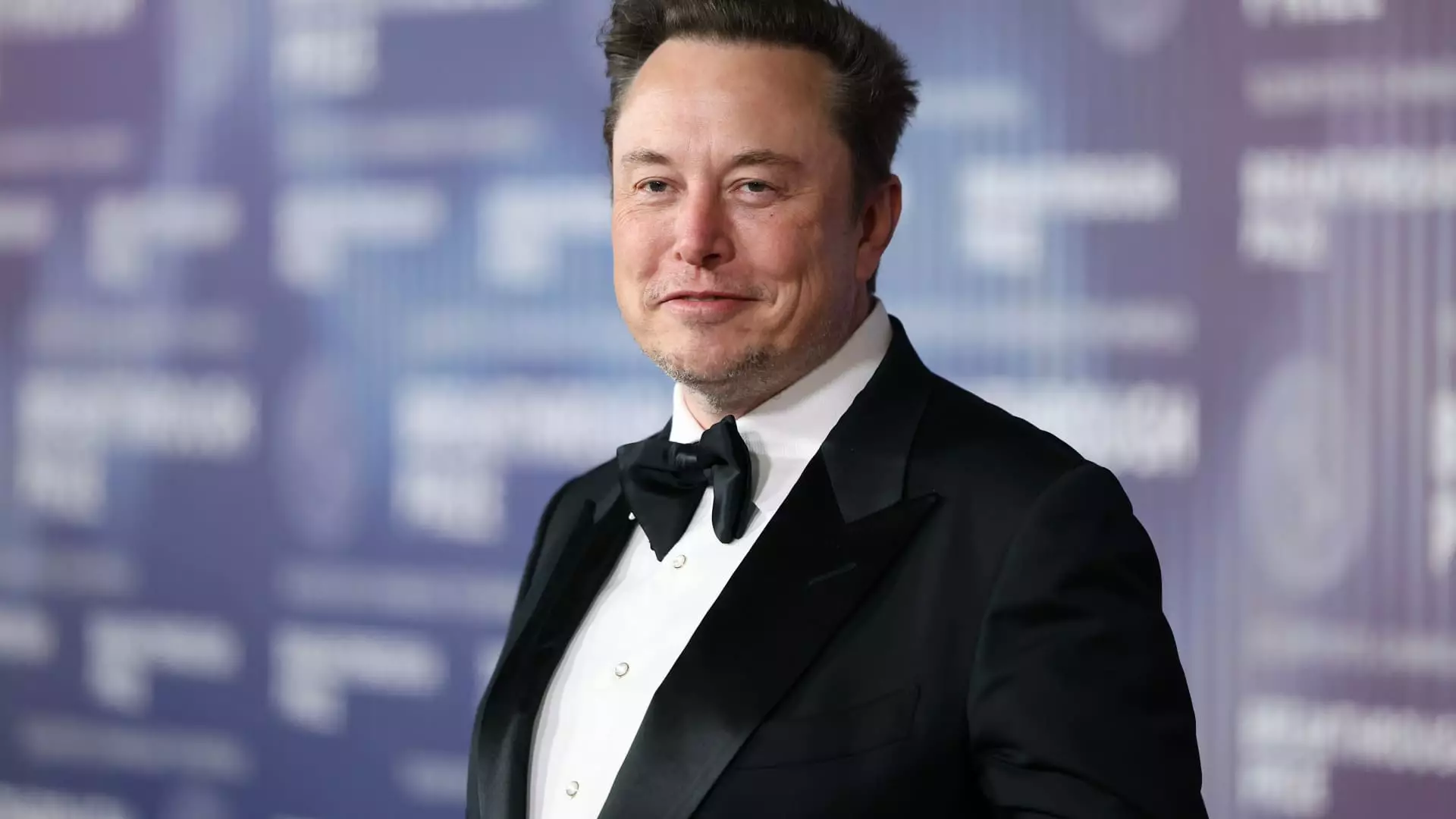On a recent Saturday, tech mogul Elon Musk voiced his endorsement for a potential Treasury Secretary candidate on the social media platform X. This endorsement sheds light not only on Musk’s practical approach to governance but also highlights the factors influencing President-elect Donald Trump’s cabinet selections. Musk endorsed Howard Lutnick, the CEO of Cantor Fitzgerald and a notable transition co-chair for Trump, as a figure capable of enacting transformative change within the Treasury Department—a cabinet position that remains unfilled.
Musk’s public endorsement puts him at odds with another key candidate, Scott Bessent, the founder of Key Square Group. Although Bessent is also considered a strong contender for the Treasury role, Musk remarked that he views Bessent as a “business-as-usual choice.” This statement carries significant weight, suggesting that Musk believes the status quo in economic leadership could further exacerbate America’s financial challenges. His concern is that maintaining existing practices may jeopardize the country’s economic well-being.
Musk’s critique stems from his perspective on innovation and disruption, values he embodies as the CEO of progressive companies like Tesla and SpaceX. He emphasizes the need for a paradigm shift in the Treasury’s operations to adequately address the economic crises facing the nation. His call for change resonates with many followers, who see in Musk a figure willing to challenge established norms.
Meanwhile, the Trump transition team remains tight-lipped regarding the decision-making process for filling the Treasury Secretary role. Spokesperson Karoline Leavitt clarified that the selections for cabinet positions are still under consideration. This ambiguity opens the door for speculation and influence from prominent figures such as Musk, whose opinions carry substantial media attention and public interest.
Lutnick and Bessent’s connections to Trump add layers to the selection process. Lutnick’s long-standing relationship with Trump, including hosting fundraisers, showcases a personal alignment that may sway Trump’s decision. In contrast, Bessent’s role as an economic advisor during the Trump 2024 campaign positions him as an inner-circle candidate, bolstered by endorsements from influential figures like Republican Senator Lindsey Graham. This intricate web of relationships illustrates the multifaceted nature of political endorsements and the intricate dynamics that guide cabinet selections.
Musk’s endorsement of Lutnick, paired with his criticism of Bessent, serves as a microcosm of a larger debate about the direction of economic policy in the United States. The divergent pathways represented by Lutnick and Bessent reflect larger ideological clashes—Lutnick’s potential transformative agenda versus Bessent’s alignment with established norms. Such discussions are critical as they shape the discourse surrounding fiscal policy and governance.
Ultimately, as the decision on the Treasury Secretary unfolds, the interaction between Musk’s perspectives, Trump’s decision-making, and the broader economic landscape will be pivotal. Observers will be watching closely, as the implications of these choices will likely resonate throughout the American financial system for years to come.

